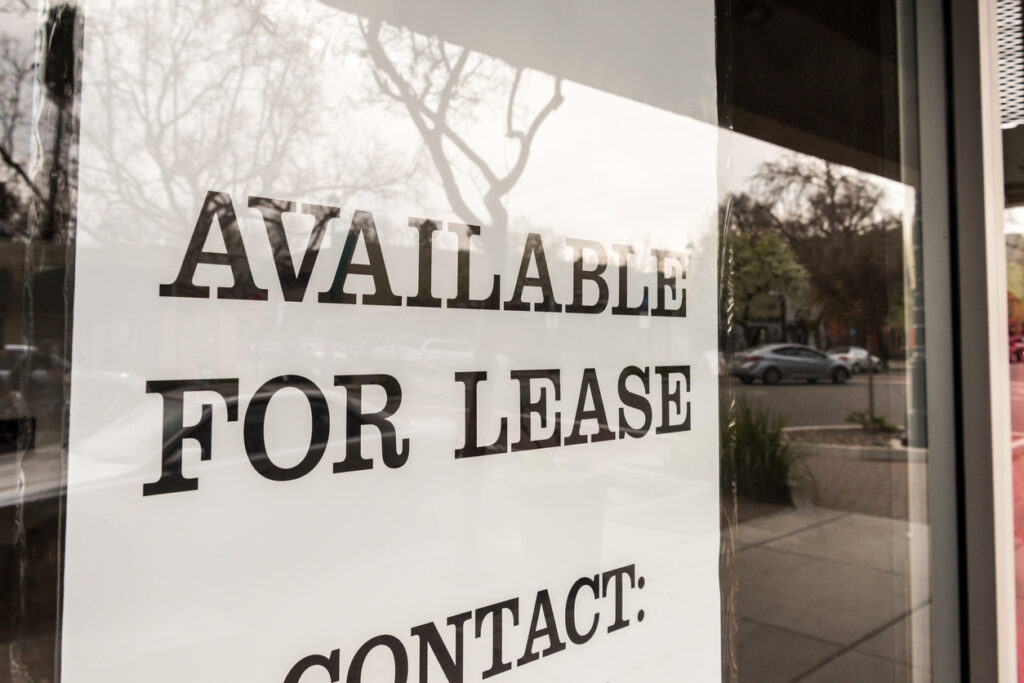Non-disclosure agreements are fairly common in employment contracts. They can also be used to protect the details of settlement cases and in a variety of other scenarios. Discover more about these legal contracts below, including whether non-disclosure agreements are legal in the state of Georgia. Then learn how a business lawyer can help you create viable non-disclosure agreements and other contracts to protect your company.
What Is a Non-Disclosure Agreement?
A non-disclosure agreement, or NDA, is a written contract that requires someone to protect the confidentiality of various information.
The components of an NDA typically include:
- Who the parties are. This may include an employer and employee, a company and a contractor, or any other set of parties.
- What information is protected. Typically, a non-disclosure agreement defines the information it applies to. For example, an NDA between employer and employee may indicate that information learned about the business and its clients in the course of employment is not to be disclosed to third parties.
- How information can or cannot be disclosed. NDAs may specify exceptions as to when information can be disclosed or list out methods by which disclosure is not allowed. For example, an NDA may state that someone can’t disclose information verbally or in writing or by transferring data or documents to other entities.
- Timelines. Nondisclosure agreements might be perpetuating, which means the information covered by the agreement can never be disclosed. In some cases, they may have an expiration date, such as three years following the end of a contract.
What Are Some Common Uses for NDAs?
Non-disclosure agreements are used for a variety of purposes. Some common reasons businesses might want to have NDAs include:
- Protecting trade secrets and proprietary information. If you have a unique formula, recipe, or manufacturing method that makes your business more competitive, you don’t want that information ending up with your competition. NDAs can help ensure your employees keep business-critical information secret when they work for you, but it also protects the information if they leave your company—even if they go to work for the competition.
- Preserving relationships in business. You can protect a wide range of information with NDAs to support ongoing business relationships or relationships between employees in your company. For example, you might make all parties involved in a merger negotiation sign an NDA to keep the negotiation details secret. That way, the heat at the negotiation table doesn’t seep into future relationships after the merger.
- Protecting your business’s reputation. If you are involved in a lawsuit or other matter that could damage your business’s reputation, you may have the other parties sign an NDA as part of a settlement agreement. For example, if someone was injured due to a mistake with your product, the settlement agreement might include monetary compensation and a plan or promise to fix the problem for future products in exchange for the injured party signing an NDA.
NDAs are also used outside of business. They might be used in family law situations and other types of personal injury lawsuits, for instance.
Are NDAs Allowed in the State of Georgia?
Yes, in most cases, NDAs are allowed in the state. That is especially true when it comes to employer or contractor relationships. If you are giving someone access to trade secrets, private customer information, or the plans and ideas for your business, you are typically legally within your right to demand they sign an NDA.
It’s worth noting that employees may be bound to confidentiality by the nature of your terms of service or employee contract agreements. In these cases, an NDA may not be necessary but could provide some additional protection. Consulting with a professional well-versed in employment law can help you understand how far you should go with such agreements.
How Do You Enforce an NDA?
However, whether you can easily enforce a non-disclosure agreement is another matter. It’s important that an NDA be written in a way that supports actionable enforcement if it is breached. That can include being somewhat specific without being so detailed that you leave some information at risk because it wasn’t mentioned.
To enforce an NDA, you typically have to file legal action against the person for breach of contract if you believe they disclosed information they shouldn’t have. Employers can also ensure that breaching an NDA is a fireable offense in their employment contracts and handbooks. This can make it easier to act immediately on a breach when the person still works for you.
Reasons to Work With a Business Lawyer to Protect Your Company
An experienced business lawyer can help you protect confidential and sensitive business information by drafting strong non-disclosure agreements that hold employees, contractors, business partners, vendors, and others to appropriate levels of secrecy.
In cases where someone has disclosed information inappropriately, a business lawyer can help you seek a resolution. That might include proving that the disclosure did, in fact, occur, and suing the person for any resulting damages. It might also include negotiating with the other party to sign a new agreement to better protect your information and business.
For more information about how an experienced business lawyer can help you protect your business and keep sensitive information from being disclosed, contact InPrime Legal today.






